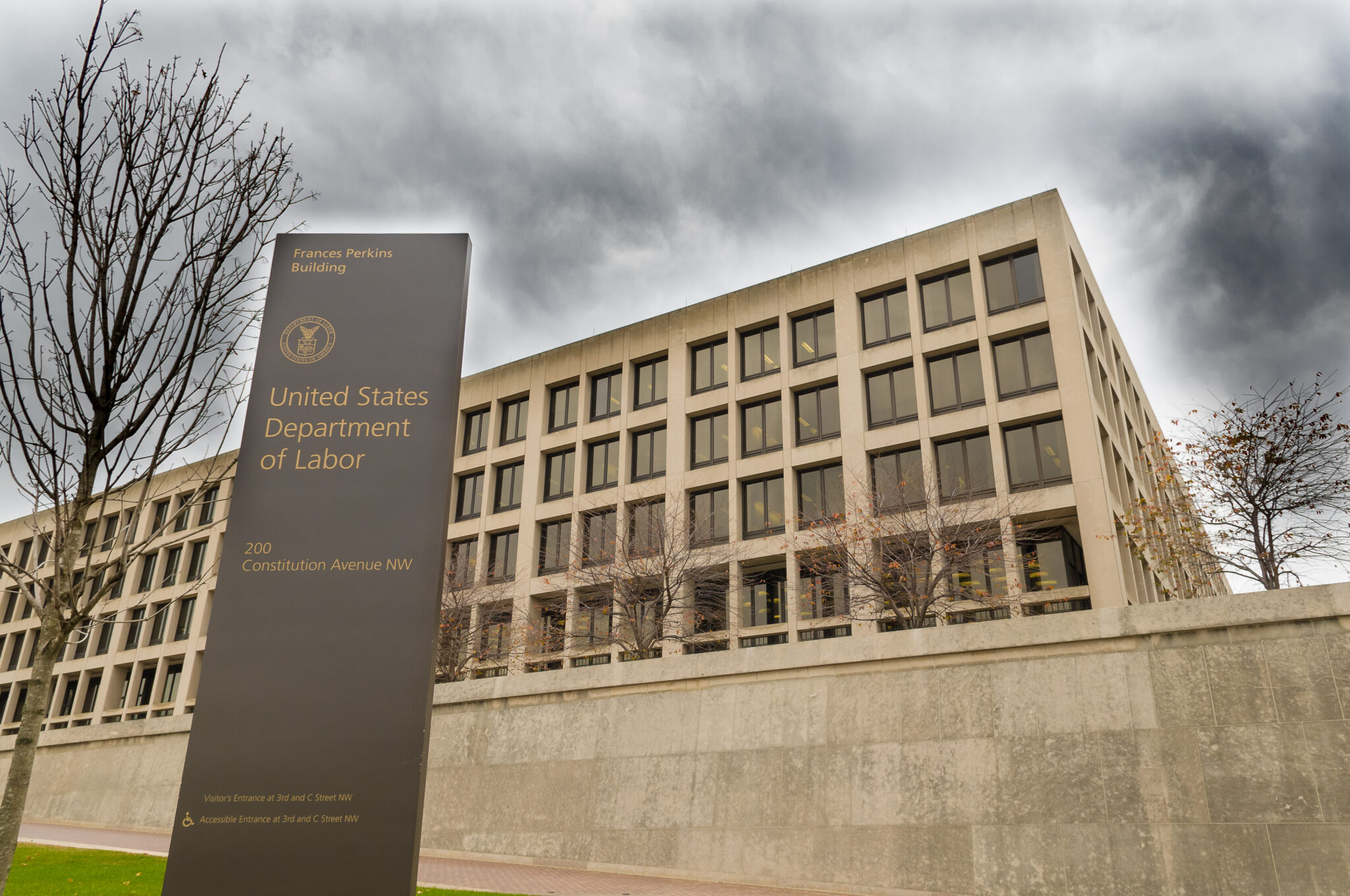
Holden Hopkins is a student at Harvard Law School.
In today’s News & Commentary, new reporting on Trump’s Labor Secretary pick and the NLRB rules that Starbucks’ dress code violates labor law.
Otto reported last week that President-elect Trump would be nominating Representative Lori Chavez-DeRemer (R-OR), one of the few Republican sponsors of the PRO Act. Her nomination was perceived by some to be a potentially pro-labor move from Trump, who has run repeatedly on populist messaging but delivered a solidly pro-business agenda during his first term.
However, reporting from Josh Eidelson suggests that first appearance may be deceiving. After a number of business groups expressed alarm with the pick of Representative Chavez-DeRemer, members of the transition team reportedly assured them that they would “find Chavez-DeRemer more palatable once the president-elect’s picks for deputy labor secretary and other posts are revealed.” Former Bush-era DoL official Paul DeCamp further pushed the idea that Chavez-DeRemer would serve merely as a symbolic gesture to appease Trump-friendly union leaders like Sean O’Brien, questioning the level of autonomy Secretary Chavez-DeRemer would have. “I really don’t know who is going to be calling the shots,” DeCamp told Eidelson.
Last week, the NLRB ruled against Starbucks’ dress code policy at its New York City Roastery Reserve cafe, finding it violates labor law. The Board panel unanimously determined that the policy—which bans most personal, political, or religious pins and limits workers to the display of just one labor-related pin—is unlawfully broad and limits workers’ rights to organize. The dress code also barred workers from wearing shirts with graphics, including union insignia. In 2022, Starbucks Workers United filed the initial complaint, alleging that managers threatened employees with disciplinary action for wearing union-related apparel.
The Board ordered Starbucks to rescind or revise its dress code and cease other labor law violations.






Daily News & Commentary
Start your day with our roundup of the latest labor developments. See all
January 27
NYC's new delivery-app tipping law takes effect; 31,000 Kaiser Permanente nurses and healthcare workers go on strike; the NJ Appellate Division revives Atlantic City casino workers’ lawsuit challenging the state’s casino smoking exemption.
January 26
Unions mourn Alex Pretti, EEOC concentrates power, courts decide reach of EFAA.
January 25
Uber and Lyft face class actions against “women preference” matching, Virginia home healthcare workers push for a collective bargaining bill, and the NLRB launches a new intake protocol.
January 22
Hyundai’s labor union warns against the introduction of humanoid robots; Oregon and California trades unions take different paths to advocate for union jobs.
January 20
In today’s news and commentary, SEIU advocates for a wealth tax, the DOL gets a budget increase, and the NLRB struggles with its workforce. The SEIU United Healthcare Workers West is advancing a California ballot initiative to impose a one-time 5% tax on personal wealth above $1 billion, aiming to raise funds for the state’s […]
January 19
Department of Education pauses wage garnishment; Valero Energy announces layoffs; Labor Department wins back wages for healthcare workers.